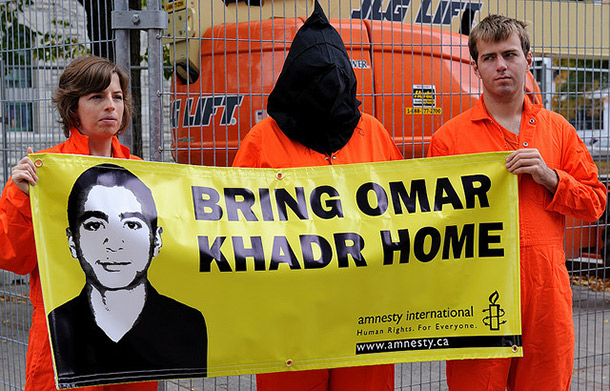UK court approves arms sales to Saudi Arabia
London's High Court of Justice ruled that the UK can continue to export arms to Saudi Arabia, rejecting a case asserting that the weapons have been used in the commission of war crimes in Yemen. A substantial portion of the court's reasoning is contained in a "closed judgment" document only available to the government's legal team and a security-cleared "special advocate" for the Campaign Against Arms Trade (CAAT).



